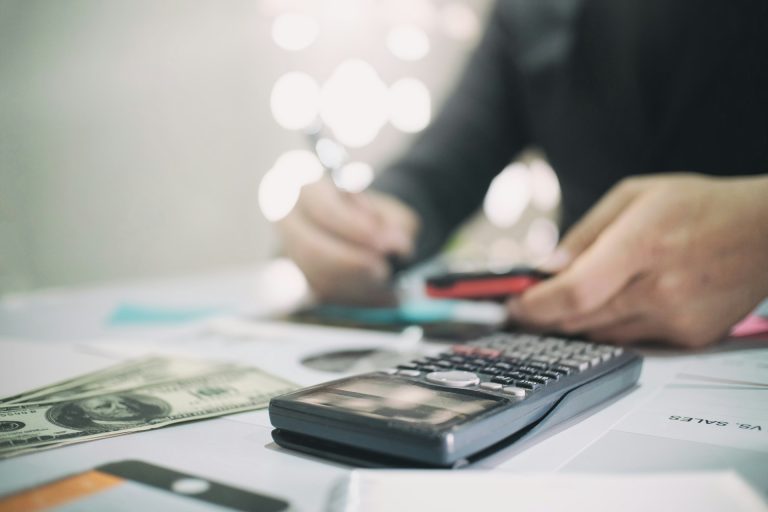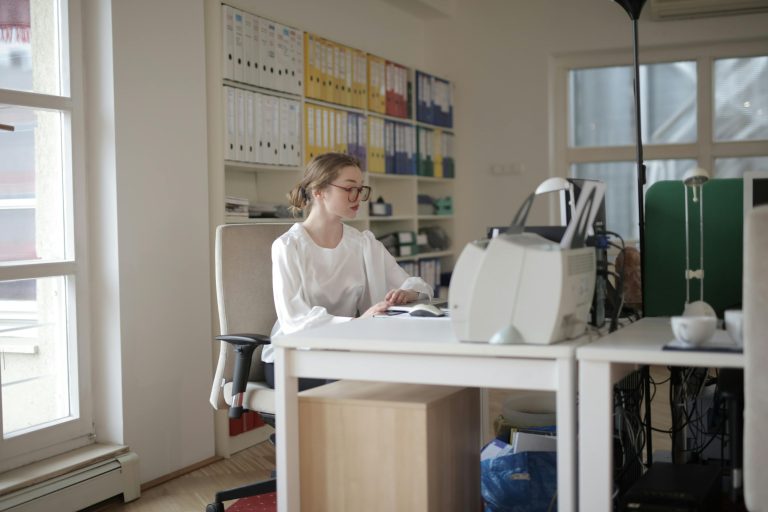Maximising tax deductions is every business’s/taxpayers’ goal. This is one way you can save from paying higher taxes than you need. But, let’s face it, this is one of the toughest things to do when you are running your own enterprise especially If you don’t know how the Australian Taxation Office (ATO) works. So, is there any way you can avoid paying high taxes? Yes, there is! The greatest secret to counteracting this negative effect on your finances is to always keep your records. Your tax deductions will increase if you have more transactions with substantiation.
The Australian Taxation Office (ATO) has thousands of personnel who do tax collections. One way you can prove that you don’t have to pay all the tax they impose is to give them documents that support your claims, thus increasing your refund. If you can’t give them enough evidence, the ATO will keep their hands in your pockets. Note that claiming tax deduction without evidence is a big move and the ATO gets serious about it.
Don’t let ATO take away the money you’re supposed to count as yours. Don’t lose $$$’s like other Australians out there who don’t claim their tax deductions. You can do better than that!
Develop a habit of record-keeping
So to Maximise your tax deductions, the first step is to develop a habit of great record-keeping. It’s easy, just simply update your records with your receipts from your old to new transactions. Do not miss out on a single receipt! You need them all to claim your deductions so you won’t have to pay higher tax than necessary.
Take note, apart from proving your tax deductions, record keeping will save you a lot at tax time! If you have claims that make it questionable by ATO, you can simply hand them your complete receipts and show them that you are 100% ready no matter what happened.
Did you know that you can also use your receipts as references to your other business needs? Let’s say you are trying to estimate your income and expenses. Without these receipts, you won’t make a good outline of them. They serve as your support in case you need financial advice in the future. Record keeping is not just about saving tax time. It also helps you manage the other sides of your enterprise.
The next question is, what type of transaction receipts do you need to keep?
Type of transactions you need for tax refund
When keeping your records, you need to make sure that you are keeping the records of both your income and expenses. In this section, you will be given a list of the items that you may never had thought would qualify as tax deductions. Many Australians are failing to keep records of them for the mere reason that they don’t know that they could actually be used as deductions.
Let’s start off with your income. You must keep the records of your salary, any investment that you have, the dividends you receive from your investments, your managed funds, your allowances, and your rental income from your rental properties.
Some of the good records you can keep are your statement of income or earnings from your employer, funds manager, and real estate agent. Don’t forget to contact them for this document!
Next, you need to break down all your expenses into different categories. These are lists of items that can qualify as tax deductions:
- Work-related travel – parking fees, tolls, personal car costs, public transportation fees, airplane tickets, general travel expenses, taxi fares, accommodation, meals.
- General expenses – tax agent fees, charity donations, income protection costs, mobile phone usage
- General work-related expenses – gifts, union fees, professional fees, license fees
- Education expense – course fees, textbook fees, accommodation, meals, and professional fees for libraries and work related to magazines
- Equipment purchased or leased for work – computer supplies, calculators, electronic organizers, computers, laptops, iPad, phones, mobile accessories, software, briefcases, carry-on bags, safety equipment, tools for the trade, technical instruments.
- Home office expense – desks, chairs, office furniture, home utility fees, postage, stationery
- Clothing – protective clothing, laundry of uniforms and protective clothing, uniforms
- Costs of newly bought assets, expenses on rental properties and other investments, transactions of assets sold, and expenses related to attendant care, disability aids, or aged care.
Keeping of tax receipts
ATO recommends that you keep your receipts for 5 years under the following circumstances:
- You recently claimed tax deductions for depreciation – you need to keep the receipt for 5 years from the date of your last claim.
- You acquired or sold an asset – you need to keep your support for 5 years until after capital gains tax (CGT) is no longer required. You will need this document to calculate your capital gain or loss.
- You are disputing about certain transactions with the ATO – you need to keep the documentation for 5 years after the dispute has been completed.
The era of digital technology, most records can be kept electronically and therefore will be usually kept indefinitely
At least 2 years of safe record-keeping is needed for taxpayers who have simple tax transactions generally Salary Wage employees
How to develop a habit of record-keeping
1) Always get a receipt
Whenever you are buying something or doing a transaction that has taxes, you need to ensure that you get an equivalent receipt of the expense. Even without categorising the expense, you can assess later on if the expense can qualify as a tax deduction or not. Keep in mind that without a receipt, you can’t file for tax deduction.
2) Keep a copy of your receipts
Some receipts will fade and you will lose some in the process of record-keeping. What you need to do is to keep a picture or scanned copy of the receipts after getting them. A soft copy will help you preserve the information in that document.
3) Organise your receipts
If you can organise your receipts in a chronological manner (date order or expenses category eg petrol receipts), just do it. You can either arrange it from oldest to newest or from newest to oldest depending on your preference.
4) List down your deductions
List down all your expenses and sum them up. You will have to categorise them this time based on the list of deductibles above. Do this regularly so you won’t face big job at year end tax time.
To know more about claiming a tax deduction for any of your expenses, or for help filling out the paperwork, please get in contact with us at support@smbaccounting.com.au or P 1300 854 159.






